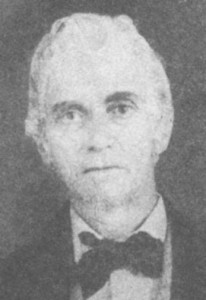For decades nobody thought very much about them. The audience was who showed up to fill the concert hall, in a largely predictable and reliable way. An orchestra scheduled and performed its subscription concerts, and the patrons came to hear them–a straightforward cause-and-effect relationship. Like many relationships in our times, this one has changed, grown more volatile, and become anything but straightforward. No one, it’s safe to say, is taking the audience for granted now.
This podcast was developed from our May 2012 live forum event and a behind-the-scenes conversation with The Cleveland Orchestra in April 2012.
Chapter Eight – Considering Audiences, Part 1
Play | Download | Transcript



